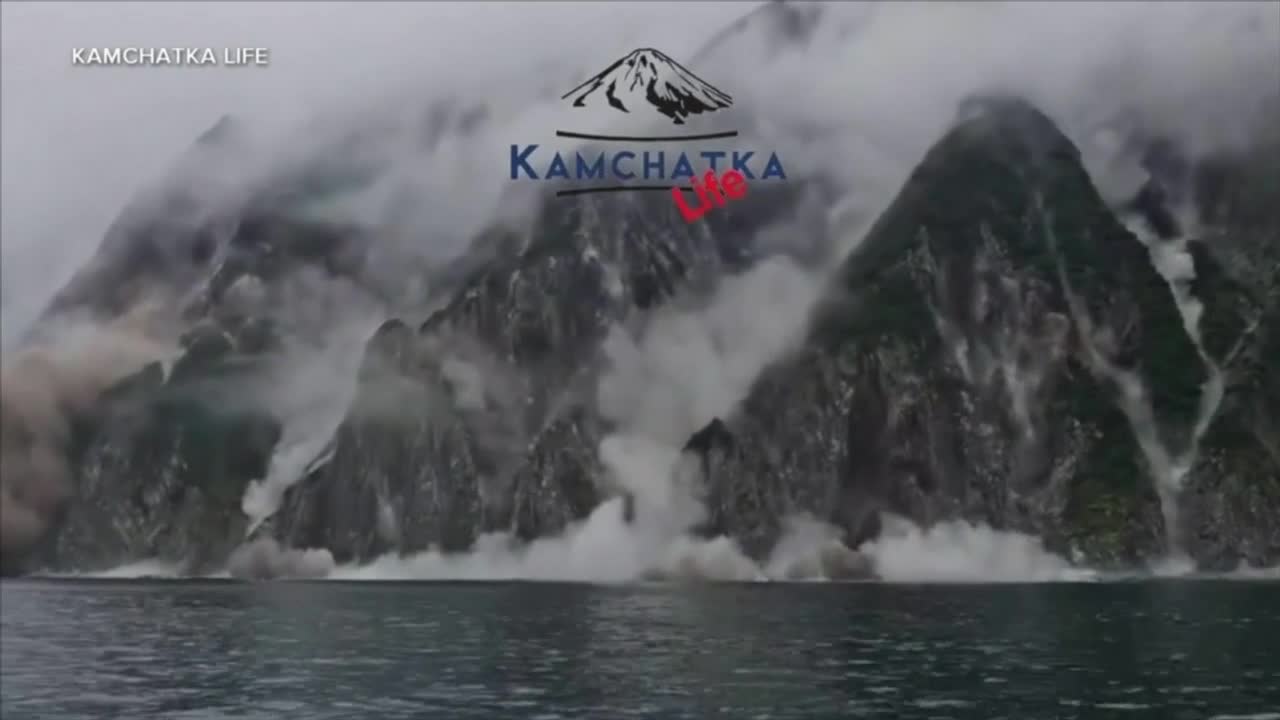BELLVUE, Colo. — The massive earthquake in Russia this week may have been thousands of miles away, but scientists were able to measure it from right here in Colorado.
The 8.8-magnitude quake on July 29 is the sixth largest earthquake ever recorded, according to data from the U.S. Geological Survey (USGS).
Colorado State University’s Mountain Campus in Bellvue started measuring it on their seismographs just 15 minutes after it happened, 4,227 away in Kamchatka, Russia.

The seismic waves were imperceptible by the time they reached Colorado.
“The ground in Colorado moved by about a 10th of an inch,” professor of geophysics Rick Aster said. “That's the entire state of Colorado, indeed, the entire continent of North America going up and down by about a 10th of an inch.”
Aster said he captured two hours of vertical ground motion from the earthquake.
He refers to the global seismographic network as the world’s neighborhood watch program.
“By observing how the ground shakes all over the world, all the way from Russia to North America to Antarctica and everywhere else, we can put together a picture essentially of how the earthquake fault moved,” Aster said.

An earthquake of this size has only happened a handful of times in the last century, per USGS officials.
The largest ever recorded as a 9.5-magnitude earthquake that devastated central Chile in 1960. Two years later, a 9.2 magnitude quake in Alaska was the largest ever recorded in the U.S. and it triggered a tsunami.
In more recent years, a 9.1-magnitude quake and tsunami caused massive casualties and damage in Indonesia in 2004. Another 9.6-magnitude quake hit Indonesia in 2012 but did not cause as much damage.
In 2011, a 9.1-magnitude quake struck off the coast of Japan, causing a tsunami that damaged the Fukushima nuclear plant.
Aster told Denver7 the Kamchatka earthquake will be interesting to study because a 9.0-magnitude quake struck there in 1950. Also, before the quake struck Tuesday, there were several large 7.0-magnitude precursory earthquakes.
“It was sort of like a slow process that ultimately led to this enormous earthquake. That doesn't happen with all earthquakes,” Aster said.
Aster said they measure and study earthquakes from around the world in Colorado to better estimate how a big one could impact populated areas, like the fault lines on the West Coast.





